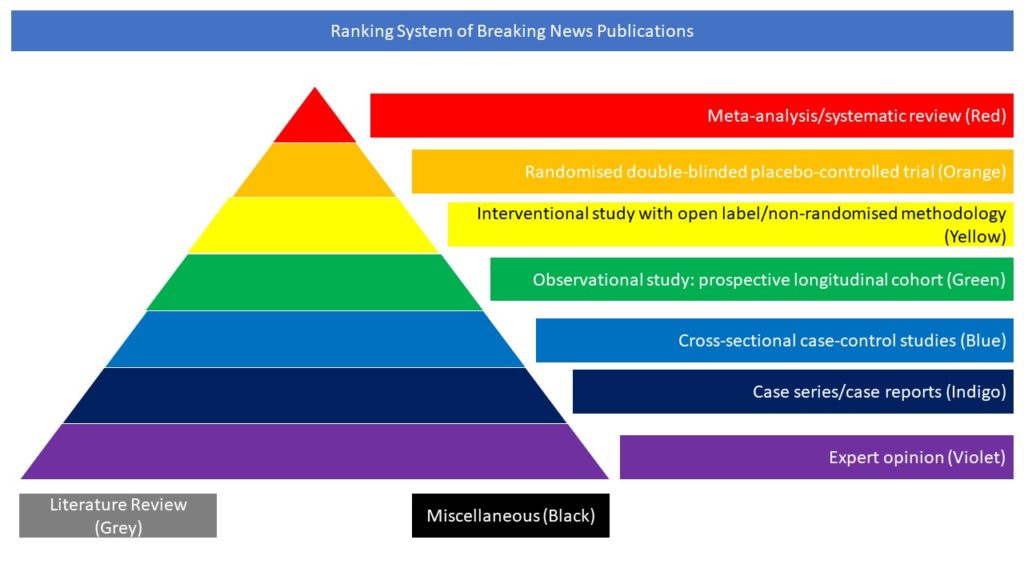Literature Review (Grey)
The COVID-19 pandemic leads to disruptions of health services worldwide. The objective of this review was to evaluate the particular impact on neurological services. Studies reporting the provision of neurological services during the pandemic and/or adopted mitigation strategies were included in this review. PubMed and World Health Organization’s (WHO) COVID-19 database were searched. Data extraction followed categories used by WHO COVID-19 pulse surveys and operational guidelines on maintaining essential health services during COVID-19. The search yielded 1101 articles, of which 369 fulfilled eligibility criteria, describing data from 210,419 participants, being adults (81%), children (11.4%) or both (7.3%). Included articles reported data from 105 countries and territories covering all WHO regions and World Bank income levels (low income: 1.9%, lower middle: 24.7%, upper middle: 29.5% and high income; 44.8%). Cross-sectoral services for neurological disorders were most frequently disrupted (62.9%), followed by emergency/acute care (47.1%). The degree of disruption was at least moderate for 75% of studies. Travel restrictions due to lockdowns (81.7%) and regulatory closure of services (65.4%) were the most commonly reported causes of disruption. Authors most frequently described telemedicine (82.1%) and novel dispensing approaches for medicines (51.8%) as mitigation strategies. Evidence for the effectiveness of these measures is largely missing. The authors concluded that the COVID-19 pandemic affects all aspects of neurological care. Given the worldwide prevalence of neurological disorders and the potential long-term neurological consequences of COVID-19, service disruptions are devastating. Different strategies such as telemedicine might mitigate the negative effects of the pandemic, but their efficacy and acceptability remain to be seen.
García-Azorín D, Seeher KM, Newton CR, Okubadejo NU, Pilotto A, Saylor D, Winkler AS, Charfi Triki C, Leonardi M. Disruptions of neurological services, its causes and mitigation strategies during COVID-19: a global review. J Neurol. 2021 May 22:1–14. doi: 10.1007/s00415-021-10588-5












